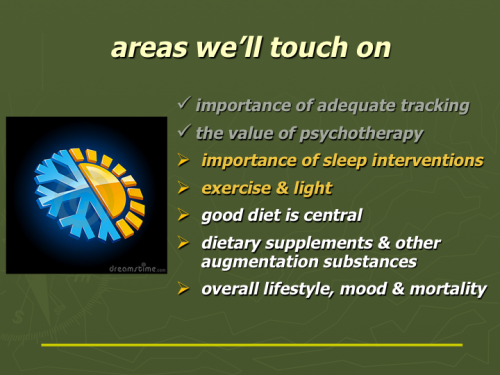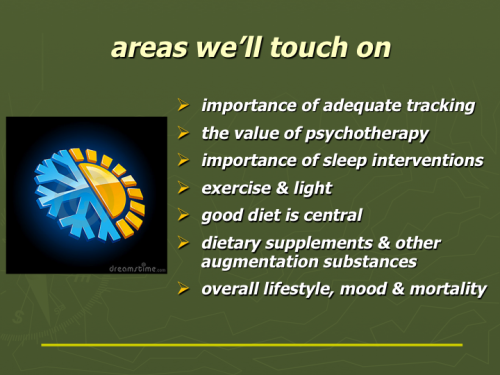Recent research: articles from spring journals
Last updated on 2nd November 2016
I read a lot of research. When I find an article of particular interest I download it to my bibliographic database - Endnote - which currently contains well over 23,000 abstracts. I also regularly tweet about emerging research, so following me on Twitter, Facebook or Google+ (click on the relevant icon at the top of this web page) will keep you up to speed with some of what I'm finding interesting. Additionally you can view this highlighted research by visiting Scoop.it (click on the "it!" icon at the top of the page). At Scoop.it, I stream publications into five overlapping topic areas: Cognitive & General Psychotherapy, Depression, Compassion & Mindfulness, Healthy Living & Healthy Aging, and Positive Psychology.



